Are Dental Implants Right for You? Comprehensive Guide to Dental Implants in Rialto
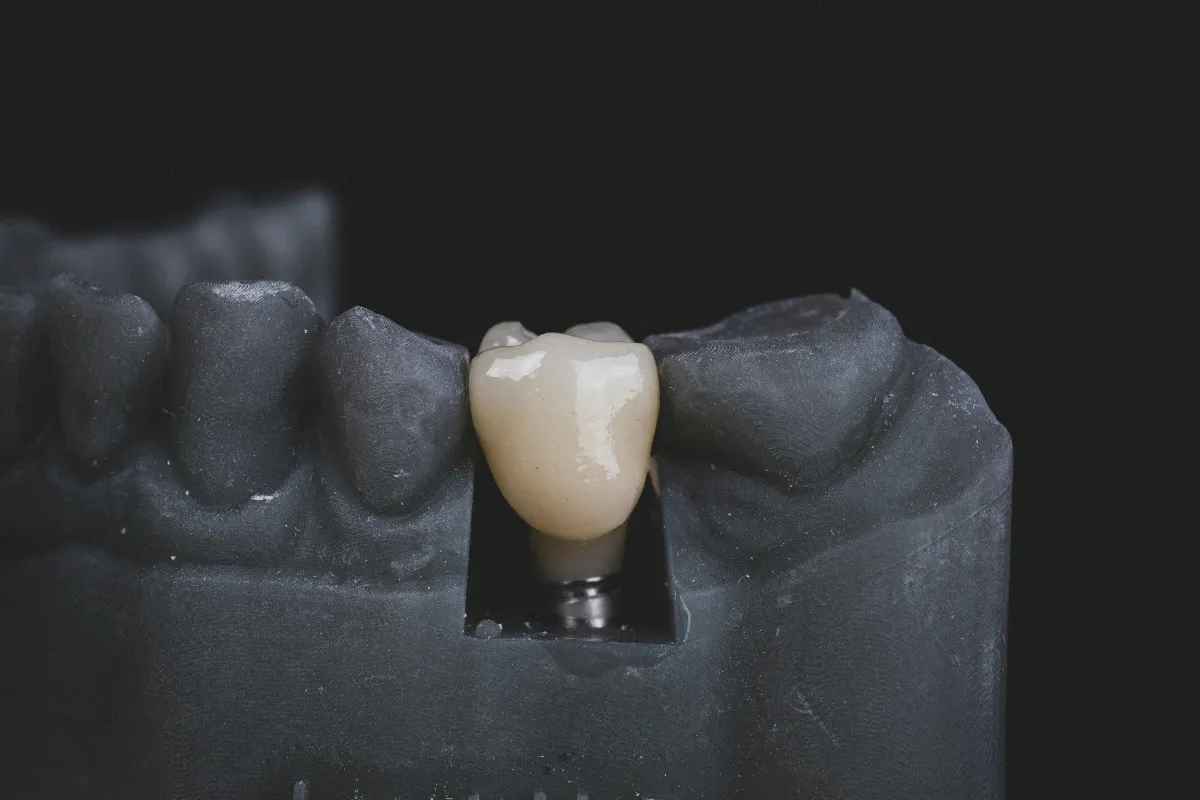
Are Dental Implants Right for You? Well, maybe! Let's talk about it! Welcome to your Comprehensive Guide to Dental Implants courtesy of Dental Care of Rialto
Choosing dental implants can transform your smile and restore chewing function when missing teeth affect comfort and confidence. This guide explains who qualifies for dental implants, the benefits and risks, a step-by-step look at the implant procedure, cost considerations, alternatives, maintenance tips, and why Dental Care Rialto is your trusted local provider. Readers will learn eligibility criteria, functional and aesthetic advantages, safety measures, financial options, and aftercare strategies to make an informed decision about dental implants Rialto offers.
Who Is a Good Candidate for Dental Implants?
Ideal candidates for dental implants are those with stable overall health, healthy gum tissue, and sufficient jawbone volume to support a prosthetic root and crown. Proper candidacy assessment at Dental Care Rialto ensures your treatment plan aligns with both oral and systemic health factors, guiding a successful implant outcome.
What Health Conditions Affect Dental Implant Candidacy?
Certain medical issues can influence implant success, including
-uncontrolled diabetes,
-advanced periodontal disease,
-autoimmune disorders.
Chronic conditions may impair healing.
Gum inflammation increases infection risk.
Medications affecting bone metabolism can slow osseointegration.
Maintaining stable health and periodontal care builds a strong foundation for implant placement and long-term function.
How Does Jawbone Density Influence Implant Eligibility
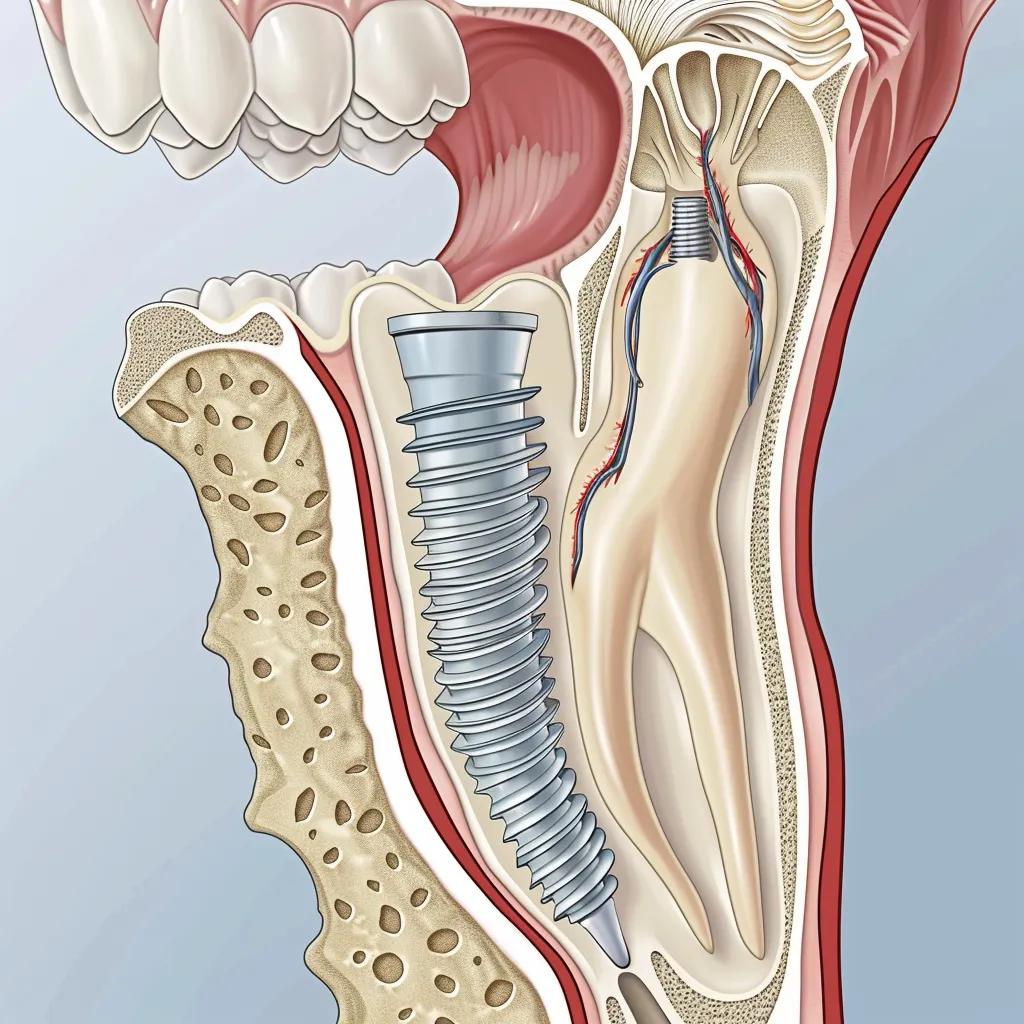
Jawbone density determines whether an implant can integrate firmly into bone. Low bone volume often requires a bone graft procedure to augment the ridge and create enough support. Successful osseointegration depends on this stable bone-to-implant interface, so bone grafting may be scheduled before the surgical phase to enhance implant prospects.
Jawbone Density and Implant Eligibility
Jawbone density is a crucial factor in determining the success of dental implants, as it provides the necessary support for osseointegration. Insufficient bone volume often necessitates bone grafting procedures to ensure the implant integrates firmly with the jawbone, which is essential for long-term stability and function.
Misch, C. E., Contemporary Implant Dentistry (2008)
This research supports the article's explanation of how jawbone density influences implant eligibility and the need for bone grafting.
Can Lifestyle Factors Like Smoking Impact Implant Success?
Yes, smoking reduces blood flow and impairs healing, increasing the likelihood of implant failure and peri-implant inflammation. Quitting tobacco before and after implant placement helps preserve bone health and gum tissue, supporting faster recovery and long-term implant stability.
What Are the Benefits of Choosing Dental Implants?
Dental implants offer functional and aesthetic advantages over traditional tooth replacements by mimicking natural tooth anatomy, preserving jawbone structure, and delivering durable results that can last decades with proper care.
Benefits of Dental Implants
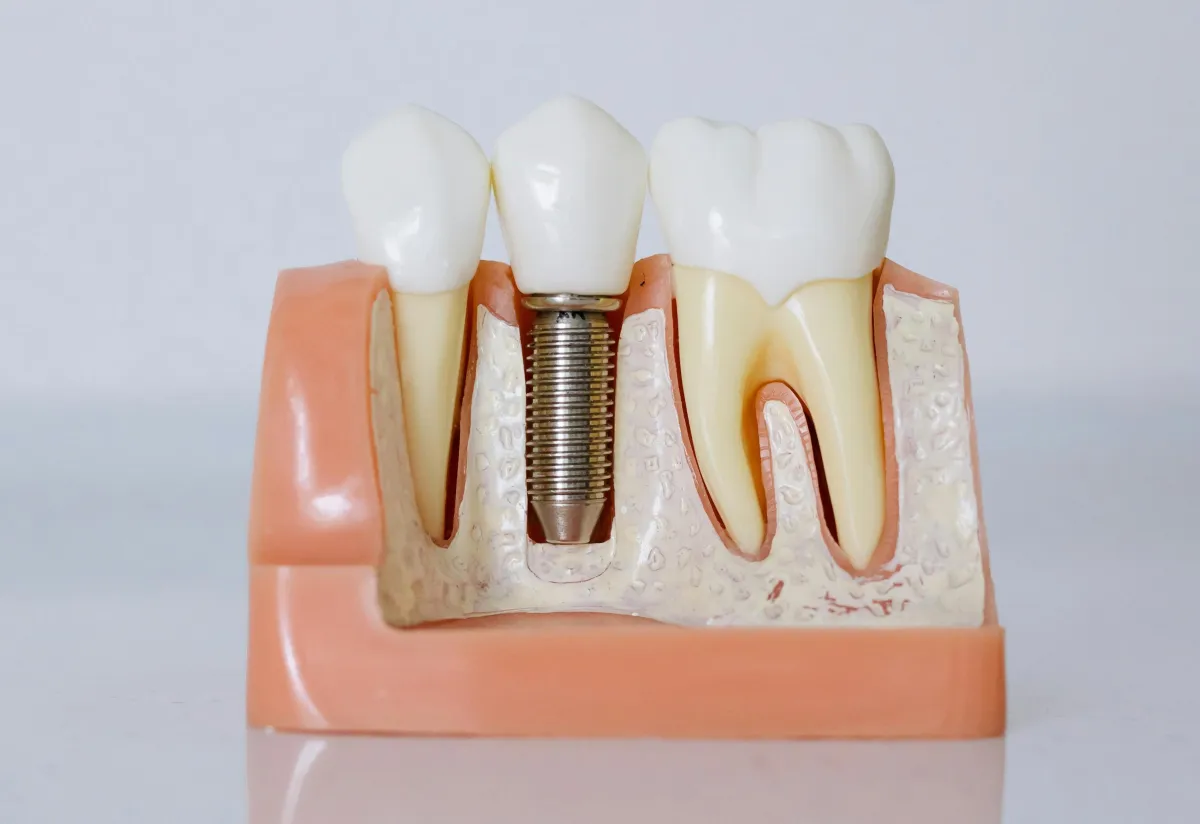
Dental implants offer significant functional and aesthetic advantages over traditional tooth replacement methods. They mimic natural teeth, preserve jawbone structure, and provide durable results that can last for decades with proper care. This includes improved chewing and speech, as well as the preservation of facial structure.
American Academy of Implant Dentistry, AAID (2024)
This citation supports the article's claims about the benefits of dental implants, including improved chewing, speech, and preservation of jawbone structure.
How Do Dental Implants Improve Chewing and Speech?
A dental implant restores the chewing surface by anchoring a prosthetic crown to the jawbone, which improves bite force distribution and prevents slippage common with removable dentures. By stabilizing the tooth replacement, implants also support clear enunciation, enhancing speech confidence.
In What Ways Do Implants Preserve Jawbone and Facial Structure?
Implants prevent the bone resorption that follows tooth loss by transmitting chewing forces to the jawbone, which stimulates bone maintenance. This process preserves facial contours, reduces the appearance of sagging, and maintains jaw height, supporting overall facial aesthetics.
How Long Can Dental Implants Last With Proper Care?
Dental implants can last 20 years or more when patients follow daily oral hygiene and attend regular check-ups. High-quality materials like titanium and zirconia resist corrosion, while osseointegration creates a durable bond that rivals natural tooth roots.
What Are the Risks and Potential Complications of Dental Implants?
Risks of Dental Implants?
Dental implants, while highly successful, carry potential risks such as infection, nerve injury, or implant failure. These complications can arise if pre- and post-operative protocols are not followed or if underlying health issues are present. Careful planning and adherence to sterile techniques are crucial to mitigate these risks.
Esposito, M., et al., European Journal of Oral Implantology (2007)
This citation reinforces the article's discussion of potential complications associated with dental implants and the importance of careful surgical planning.
What Are the Most Common Implant Risks Like Infection or Nerve Damage?
1. Infection at the implant site due to bacterial contamination.
2. Nerve irritation or injury causing numbness or tingling.
3. Sinus complications when placing upper jaw implants too close to the sinus cavity.
Strict sterile technique and precise surgical planning minimize these risks and protect adjacent anatomical structures.
How Does Dental Care Rialto Mitigate Implant Complications?
Dental Care Rialto employs advanced imaging and 3D planning to map critical nerves and sinus pathways, ensuring accurate implant placement. Guided surgical protocols, comprehensive pre-operative assessments, and personalized post-operative care instructions reinforce safety and accelerate healing.
What Does the Dental Implant Procedure Involve? Step-by-Step Guide
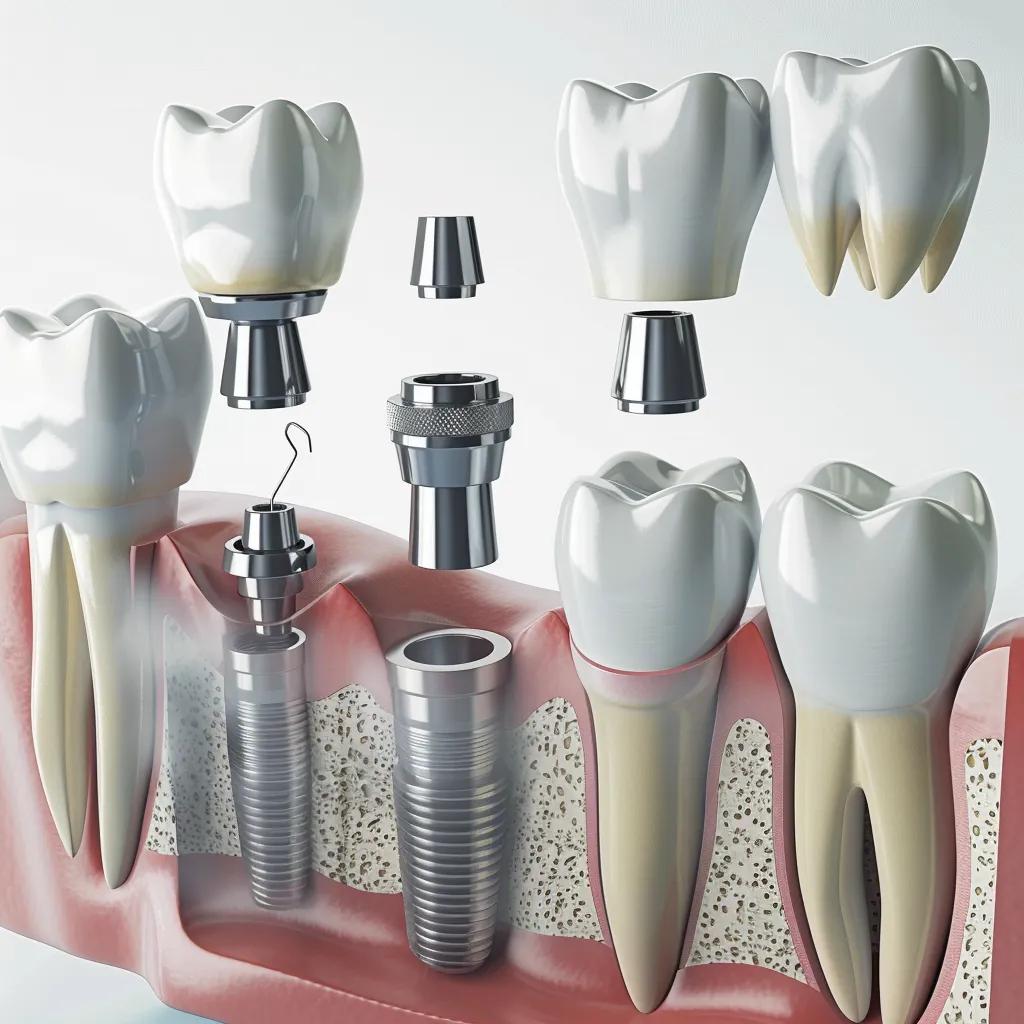
The dental implant procedure consists of consultation, surgical placement, healing (osseointegration), abutment attachment, and final crown restoration, each phase designed to integrate the implant securely and restore function.
What Happens During the Initial Consultation and Planning?
During consultation, the dentist evaluates oral health, reviews medical history, takes 3D scans, and develops a customized treatment plan. This planning phase identifies any bone graft or sinus lift requirements to optimize implant stability and patient comfort.
How Is the Implant Surgically Placed in the Jawbone?
Under local anesthesia, a small incision exposes the jawbone. A titanium implant post is then inserted into a precisely drilled osteotomy site. After placement, the incision is closed to allow the bone to heal around the implant, initiating osseointegration.
What Is Osseointegration and Why Is It Important?
Osseointegration is the biological process where bone cells fuse directly to the implant’s surface, creating a stable foundation for the prosthetic crown. This secure bond restores chewing forces and prevents bone loss by ensuring the implant functions like a natural tooth root.
When Are the Abutment and Crown Placed?
Once osseointegration is complete—typically 3–6 months later—a small connector called an abutment is attached to the implant post. A custom-fabricated crown is then secured to the abutment, completing the restoration and matching the surrounding teeth in shape and color.
What Types of Dental Implants Are Available?

These options allow Dental Care Rialto to tailor implant solutions to each patient’s anatomy and budget.
How Much Do Dental Implants Cost in Rialto? Understanding Pricing and Financing
Investing in dental implants involves multiple cost factors, but flexible financing and insurance options in Rialto help patients manage the expense of tooth replacement.
What Factors Influence the Cost of Dental Implants?
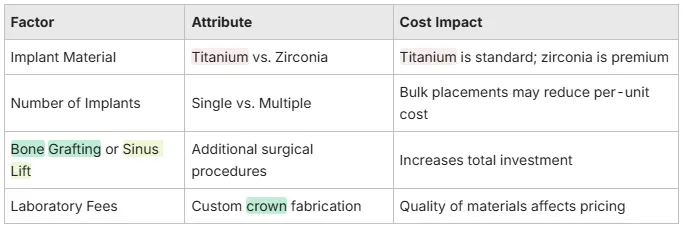
Individual treatment plans vary based on these attributes, and Dental Care Rialto provides transparent estimates during planning.
Are There Financing or Insurance Options Available in Rialto?
Dental Care of Rialto partners with third-party financing companies offering low-interest payment plans. Many PPO dental insurance plans cover a portion of implant surgery and restoration fees. Our staff assists patients in verifying benefits and coordinating payments for a smoother financial experience.
What Are the Alternatives to Dental Implants? Comparing Bridges and Dentures
When implants are not feasible, fixed bridges or removable dentures can replace missing teeth, each with distinct longevity, maintenance needs, and effects on surrounding structures.
How Do Dental Bridges Compare to Implants in Function and Longevity?
A fixed bridge uses adjacent teeth for support, restoring chewing function but requiring healthy neighboring teeth. Bridges typically last 7–15 years, whereas implants supported by bone can last multiple decades. Bridges may accelerate wear on supporting teeth, while implants preserve bone integrity.
What are the Pros and Cons of Dentures VS Dental Implants
Dentures are removable prosthetics that restore multiple teeth at a lower upfront cost but can slip and accelerate jawbone loss over time. Implants offer fixed stability and bone preservation, though with higher initial investment. Dentures require relining periodically, whereas implant restorations maintain consistent fit once integrated.
How Should You Care for Dental Implants to Ensure Longevity?
Daily oral hygiene and routine professional evaluations keep dental implants healthy, minimizing the risk of peri-implantitis and mechanical complications.
What Daily Oral Hygiene Practices Support Implant Health?
-Brush twice daily with a soft-bristle toothbrush to remove plaque around implant crowns.
-Floss or use interdental brushes under the abutment to prevent bacterial buildup.
-Rinse with an antimicrobial mouthwash to reduce peri-implant inflammation.
Consistent hygiene maintains tissue health and protects the implant-bone interface.
How Often Should You Visit the Dentist for Implant Check-Ups?
A professional exam every six months allows your dentist to monitor implant stability, assess gum health, and perform specialized cleanings around the implant, ensuring early detection of any concerns.
What Are Signs of Implant Problems to Watch For?
Be alert for persistent swelling, redness, bleeding around the implant, or unusual mobility in the crown. Early intervention prevents bacterial invasion and supports long-term implant success.
Why Choose Dental Care Rialto for Your Dental Implant Needs?
What Makes Dental Care Rialto a Trusted Implant Provider in Rialto?
Dr. Martinez and the team use 3D CBCT imaging, guided surgical templates, and sedation options to enhance precision and comfort. Our practice emphasizes clear communication, personalized treatment plans, and adherence to sterility protocols.
Are There Patient Testimonials or Success Stories from Rialto Residents?
Many Rialto families share how implants restored their confidence and oral function. One local patient regained full chewing ability after years of discomfort, illustrating the life-changing impact of a well-executed implant restoration.
Frequently Asked Questions About Dental Implants
Many patients ask about candidacy, longevity, risks, cost, and alternatives. This guide has addressed key concerns around eligibility criteria, expected lifespan, potential complications, pricing factors in Rialto, and how bridges or dentures differ from implants.
Dental care for families starts with a solid treatment plan and expert surgical execution. To explore personalized implant solutions or schedule a consultation, visit Dental Care Rialto today. Our team is ready to guide you toward a healthier, more confident smile.

Sunday - Closed
Monday - 9:30 AM–5 PM
Tuesday -9:30 AM–5 PM
Wednesday - 9 AM–5 PM
Thursday - 9:30 AM–5 PM
Friday - 9 AM–3 PM
Saturday - Closed